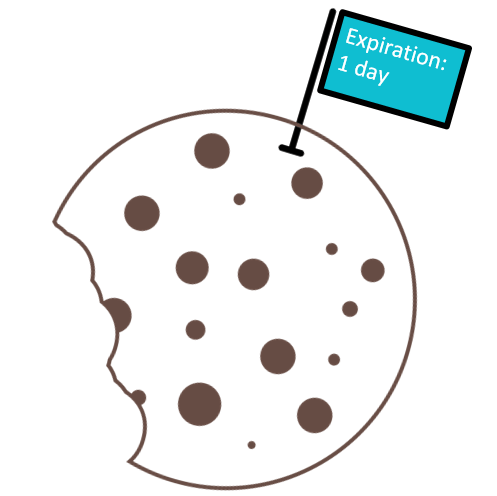
As B2B marketers, we need to face facts. We live in a B2C world. Ad networks simply understand targeting consumers better than they understand targeting businesses. Google’s new features such as product feeds and mobile targeting primarily have the B2C advertiser in mind. Similarly, the default 30-day cookie used by AdWords, AdRoll, Twitter, and a host of other ad networks, is remnant of ad networks building platforms targeting consumers. The 30-day cookie makes sense if you’re running display branding campaigns and someone decides to buy concert tickets or pants a few days or weeks later. The 30-day cookie makes little sense when you’re running lead gen campaigns to a gated asset.
From Google’s perspective, the 30-day cookie is awesome. If someone clicks on any AdWords ad and later comes through a different channel – email, organic, LinkedIn ad, etc. – and fills out a form, Google gets credit for generating a lead. It doesn’t matter that the landing page may have been ineffective or the offer not compelling. It doesn’t even matter if a user clicks through to a 404 page and is completely turned off by the experience.
With a 30-day cookie, ad networks receive credit for your other marketing efforts. Your lead nurturing or event marketing efforts may contribute to conversions, but they sure aren’t going to be factored into how the network calculates cost per acquisition. Furthermore, the 30-day cookie doesn’t match up with same session tracking in Analytics or marketing automation. If a visitor comes to your site from an ad campaign, doesn’t convert, and later fills out a form from a rented email list, Google Analytics will track the goal to the rented email list. Marketo and Eloqua will attribute the rented email list. Google AdWords will take full credit.
Multiple sources taking credit scrambles reporting. If a prospect clicks on multiple ad campaigns (e.g. Twitter, Bing, and AdRoll) and fills out a contact us from through a branded organic search, all three ad networks are going to take credit for generating a lead, and Google Analytics will report a lead from organic. All three may have been instrumental in convincing the individual to share her contact information, yet we still only have 1 net lead. However we have 3 reported conversions and 1 goal completion from four different sources.
Conversions do not line up with reported leads. Ad networks are double counting. AdRoll is taking credit for Twitter Ads and vice versa.
At Obility, we get around this discrepancy by optimizing to lead quality rather than conversions. This is an effective approach but far from efficient. With a one-day cookie, paid campaign managers could quickly identify what campaigns led to form fills in the same session. We can then optimize to leads rather than conversions and use marketing automation/CRM primarily to identify lead quality and opportunity/revenue size. The process is the same – we are optimizing to lead quality – we are simply cutting out a step.
With the 30-day cookie, ad networks are looking out for their best interest: the longer the time frame, the more opportunity for someone who has clicked on an ad to convert. They are acting greedy. As marketers who have embraced the 30-day cookie, we too are acting in our own best interest. The inflated conversion numbers make us look better when reporting to our bosses, and we don’t want to explain the temporary dip that will inevitably occur when moving from a 30 to a 1-day cookie.
For those hesitant to make the switch, and many of you are, we urge you to make the change. Think about how much easier life gets when ad network, web analytics, and marketing automation reporting line up.
